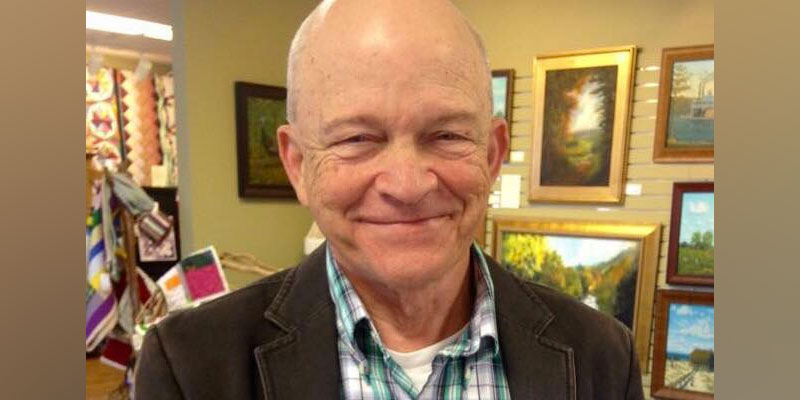The following came from my book, Better Than Them, the Unmaking of an Alabama Racist, published by New South Books. I edited the article copy referenced below for purposes of this one as indicated in parenthesis.
Looking back at my most impressionable years, I consider the examples and impressions left by such icons as Sheriff Andy Griffith of Mayberry, and they pale against that of one particular sports star. I doubt he ever set foot in my hometown, and I’ve not met him to this day. Yet he made a difference. Some years ago, I wrote a piece about Hank Aaron that was published below his picture in my city newspaper, the Mobile Press Register. Mobile was Hank’s hometown. I want to share the article here because I believe it clearly states my point about Hammering Hank’s influence.
… As a white boy growing up in a small Alabama town, I was surrounded by influences that promoted racism. This is not to say that my hometown was all bad. It was a good place to grow up, but it was flawed—just like people. For me, there was one notable outside influence, and that was professional baseball. I loved the game, the baseball cards, and the speculation about the best players.
It may seem strange today that my favorite team was the Milwaukee Braves, but the fact that they were the National League’s Yankee killers provides the most logical explanation, those two legendary teams facing off in consecutive World Series. My favorite player was a gritty third baseman, Eddie Mathews, recently deceased. At least, I told the guys he was my favorite. There was one reason Mathews held this position: The other Milwaukee Brave who captured my attention as a twelve-year-old was a black man. His name was Hank Aaron, and he was indeed the Hammer when it came to hitting a baseball. He was also a speed merchant on the base paths and an excellent fielder. He did all those things in a masterful way, but there was something else that drew this little boy’s attention to Hank Aaron, and I want to share it with you.
In Hank Aaron, I saw a man of quiet, humble character who worked very hard to be the best at his profession. You see, to me, Hank Aaron’s strength has always been his humility, and his pride has been apparent in the way he carries himself and has endured under pressure. I lived in a place where a white boy identifying with a black man was grounds for sheer lunacy, but I was not crazy. I liked Hank Aaron. It had nothing to do with color, and everything to do with class. Later, when he was striving for Babe Ruth’s record, I knew little about the threats on his life and family. I didn’t hear the racial slurs. I saw a man still quietly striving to give his best, regardless.
Hank Aaron was my favorite player, belatedly claimed, whose example put my feet on a bridge leading toward seeing my fellow man in a different way. Oh sure, a lot more water passed under that bridge in my life. However, for one twelve-year old, Hank came along at a time when I needed a favorite who just happened to be black. In my heart, I knew he was my favorite all along. Today, I can say it with pride. That’s a difference. That’s a contribution to our community.
In my view, the return on investments that a real champion makes in the lives of others, especially children, is very meaningful……I’ll let others tell you about money and material assets. I can tell you that Hank Aaron’s investment in my life has been significant, and I like to think that it continues to pay dividends in the lives of those in our community whom I may influence. Thank you, Hank.
S. McEachin “Mac” Otts is the author of “Better Than Them, The Unmaking of an Alabama Racist”













